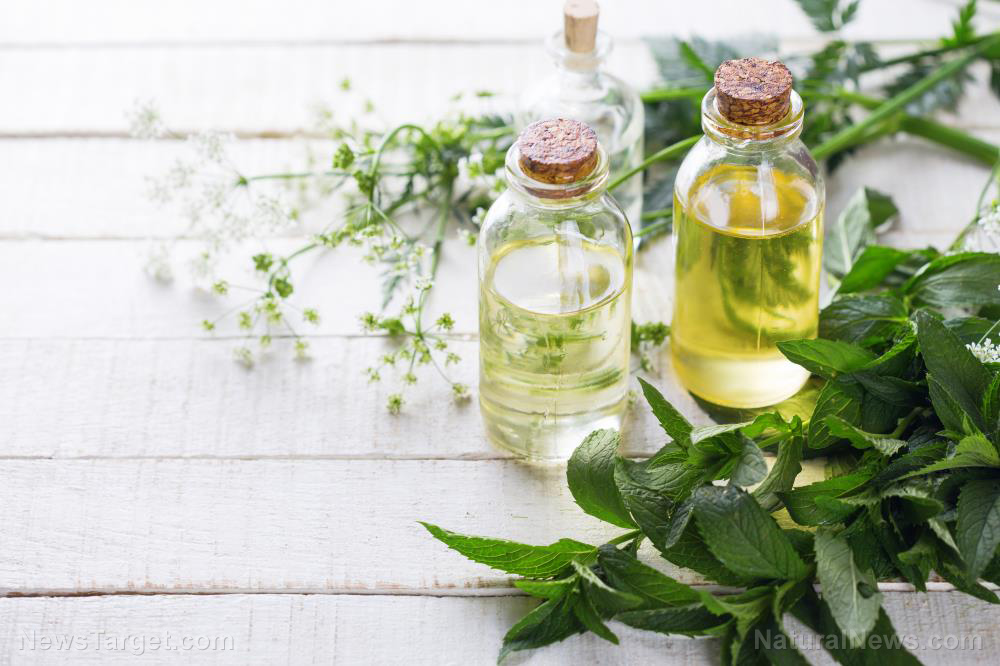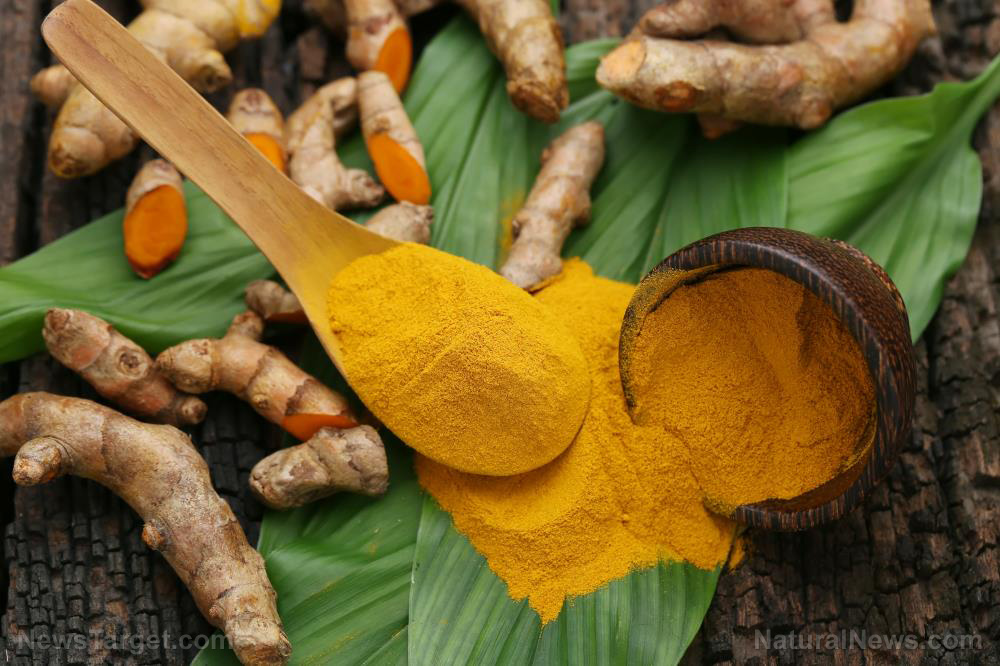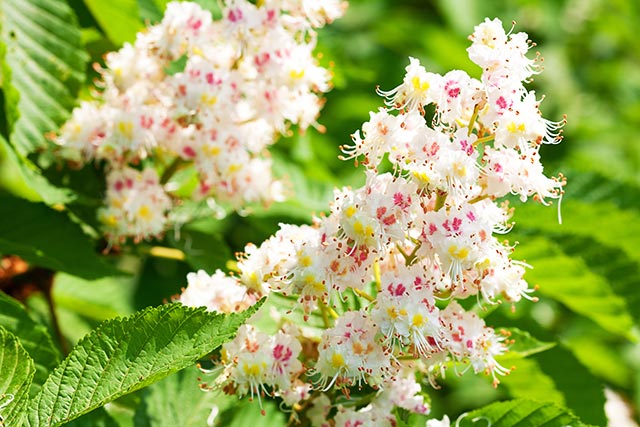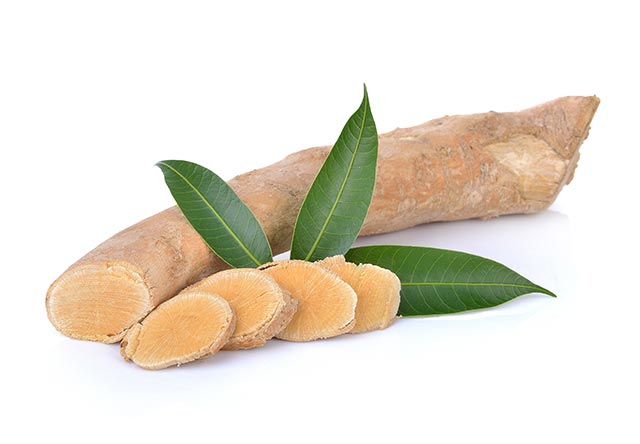Scientists examine essential oils for combating antibiotic resistance
05/15/2019 / By Ralph Flores

A recent study published in BMC Complementary and Alternative Medicine revealed that essential oils, when used properly, exhibit antibacterial properties similar to that of modern antibiotics. In their article, researchers from Ethiopia’s Kotebe Metropolitan University assessed the efficacy of essential oil combinations against certain strains of multidrug-resistant bacteria.
In their study, they investigated the antibacterial properties of the following essential oils:
- Blepharis cuspidata – A shrub native to the rocky slopes of Ethiopia, in particular, in altitudes around 700-800 m.
- Boswellia ogadensis – A tree species found near the banks of the Webi Schebele river. It produces a resin that can be used as an incense.
- Thymus schimperi – The tree, endemic to the alpine regions of Ethiopia, was previously found to have antifungal and antibacterial properties.
To test their hypothesis, the researchers conducted a disk diffusion test using multidrug-resistant strains of Escherichia coli, Klebsiella pneumoniae, and Methicillin-resistant Staphylococcus aureus (MRSA). Afterward, they investigated how sensitive each bacterial strains were to: (1) essential oils when used individually; and (2) a combination of the oils, namely – T. schimperi and B. cuspidata, B. cuspidata and B. ogadensis, and B. ogadensis and T. schimperi. Their effects were then compared to third-generation antibiotics like ceftriaxone, gentamicin, and cefoxitin, which are commonly used for multidrug-resistant organisms.
After two days of exposure, they determined the minimum inhibitory concentration (MIC) – that is, the lowest concentration of an antimicrobial agent to inhibit the growth of a microorganism – and the minimum bactericidal concentration (MBC) – the lowest concentration needed to prevent the growth in an antibiotic-free surface – for each of the combinations. They found that the antibacterial properties of the essential oils were type- and dose-dependent. For instance, while the combination of B. ogadensis and T. schimperi were less effective, the latter, when combined with B. cuspidata, exhibited a strong synergistic effect.
100% organic essential oil sets now available for your home and personal care, including Rosemary, Oregano, Eucalyptus, Tea Tree, Clary Sage and more, all 100% organic and laboratory tested for safety. A multitude of uses, from stress reduction to topical first aid. See the complete listing here, and help support this news site.
“It is [a] promising [antibacterial agent] for multi-drug resistant bacteria,” the researchers wrote in their report. “Based on the present study, combined essential oils were found to have more antibacterial effect than single [essential oil].”
While the results of the study were promising, the researchers noted that a lot has to be done in the field. In particular, further studies on the phytochemical composition of the plants, as well as understanding the metabolite activity behind these effects, could be explored to better understand how these plants could be used to naturally treat multi-drug resistant bacteria.
“This in vitro study of combined [essential oils] has [a] significant antibacterial effect than using each of them and even it [exhibited a] more potent antibacterial effect on MDR as [compared] to modern antibiotics,” they added. (Related: Researchers say this common African tree holds the key to a natural cure for malaria.)
More antibacterial essential oils (and how to use ’em)
People have heavily relied on antibiotics since they were first discovered. Unfortunately, this led to severe consequences: As people misuse (and sometimes overuse) antibiotics, this increases the risk of bacteria becoming resistant to drugs initially used to treat them. The condition now becomes more expensive to treat, and in some cases, leads to longer hospital stays and greater economic burden to both the family and society.
Fortunately, natural antibiotics are available that are known to effectively kill harmful bacteria without adverse effects. (h/t to Blog.PaleoHacks.com)
- Tea tree oil. Applying it topically to burns, cuts, and scrapes can eliminate harmful bacteria. It’s also known to be incredibly potent – be sure to dilute it in water or carrier oil before using it.
- Cinnamon essential oil. In a head-to-head with clove and thyme essential oils, cinnamon has the highest antibacterial activity against pathogens, especially those found in food.
Essential oils don’t just have antibiotic properties, it can also be used for many diseases. Learn which ones are great for which illnesses at EssentialOils.news.
Sources include:
Portals.IUCN.org [PDF]
BMCComplementAlternMed.BioMedCentral.com 1
Tagged Under: alternative medicine, antibacterial, antibiotic resistance, disease treatments, essential oils, herbal medicine, Herbs, mrsa, natural cures, natural medicine, remedies



















